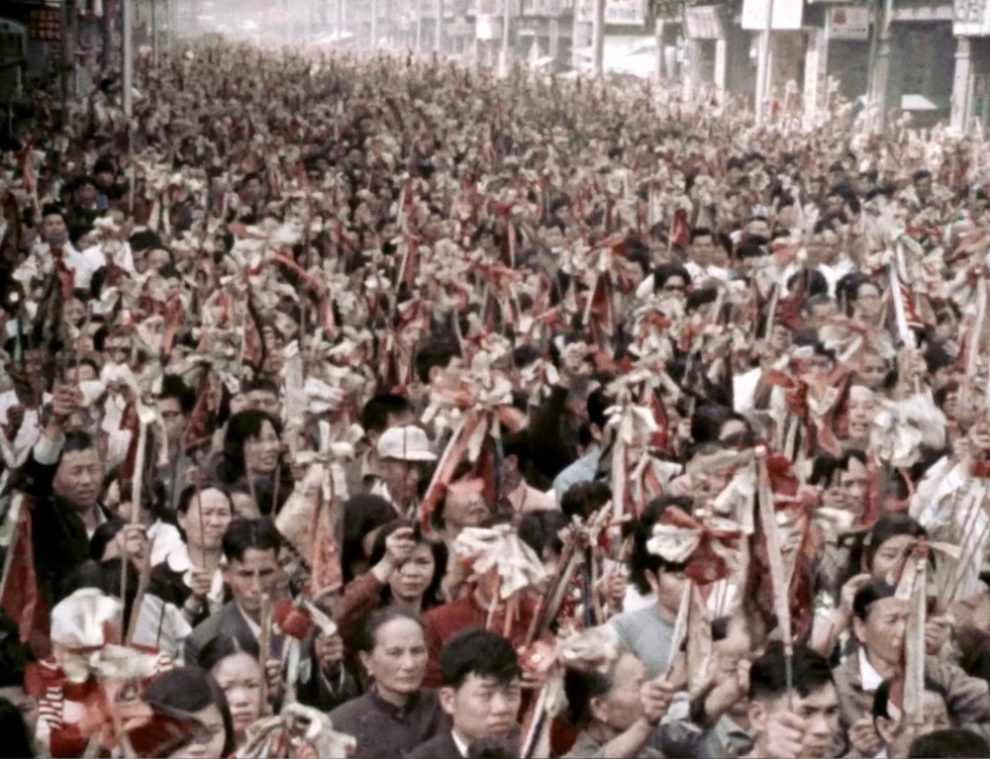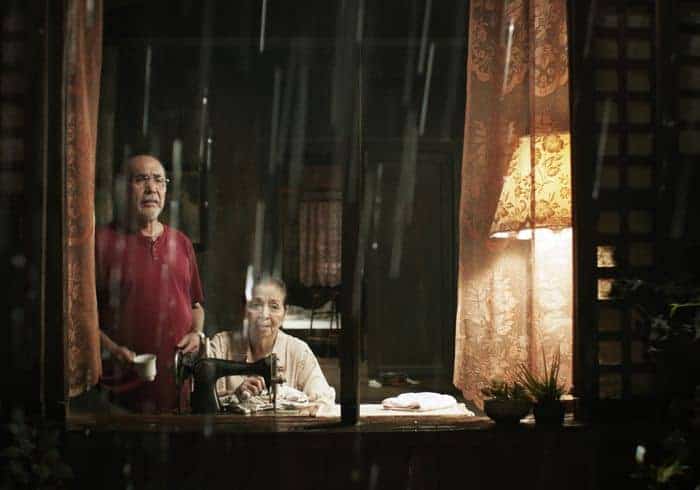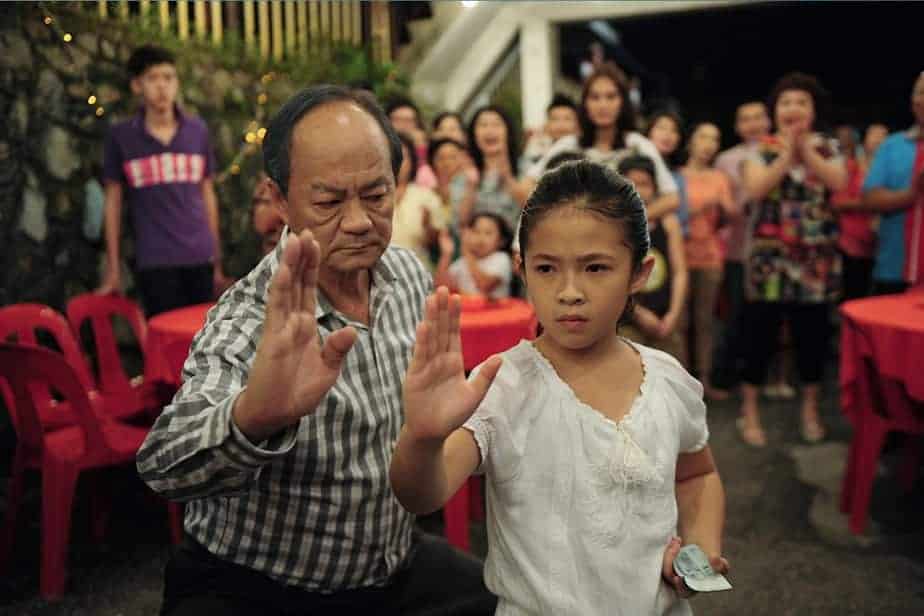“The Homecoming Pilgrimage of Dajia Mazu” has its UK premiere at the Taiwan Film Festival Edinburgh. Originally filmed in 1974, it was digitally restored from the 16mm original by the Taiwan Film Institute in 2018. It was directed by Huang Chun-ming and shot by cameraman Chang Chao-tang. It follows the annual Dajia Mazu Pilgrimage, a major Taoist event, as the statue of Mazu, goddess of the sea is carried on a palanquin from Gongtian Temple, in Tongxiao, to Chaotian Temple, Beigang.
The Homecoming Pilgrimage of Dajia Mazu is screening at Taiwan Film Festival Edinburgh

Director Huang worked as a teacher, on the radio and in advertising, but is best known in his native Taiwan as a literary figure. In the 1970s he worked with state television in Taiwan to produce for a documentary series called “Fragmant Formosa”. The 25-minute episode on the annual Dajia Mazu Pilgrimage eventually became known as the documentary film “The Homecoming Pilgrimage of Dajia Mazu” (1975)

The digital restoration has been very successful, and any flaws which remain from the 47-year-old original film are barely noticeable, and do not detract from it at all. In fact, the colour and film quality serve to reinforce the period in which it was shot. The commentary, which is spoken in Taiwanese Hokkien and subtitled in English, is coherent and easy to follow, and is educative for an interested Westerner like me who is not familiar with Taiwan or Taoist traditions.
Due to the sheer volume of worshippers, it is almost inevitable that the movie is shot as direct cinema, although the camera does elicit the occasional smile from passing pilgrims. Chang's camerawork does an excellent job in capturing the scale of the pilgrimage, whilst also conveying the very human experiences of the pilgrims themselves, who in many cases endure great hardships to participate in the nine-day procession. The skillfully-edited film is accompanied by coherent and informative narration which, appropriately, takes the viewer on the road with the pilgrims.
“The Homecoming Pilgrimage of Dajia Mazu” is an excellent piece of ethnographic cinema, providing a fascinating glimpse of Taoist rituals, and Taiwan's society and its people in the 1970s. Due to the presence of Taiwanese Hokkien at the narration, the soundtrack to the film had to be muted in accordance with the policy of the ruling KMT at that time. This means that this is the first opportunity people will have to view this film with the original narration in the language spoken by around 70% of Taiwanese people.
“The Homecoming Pilgrimage of Dajia Mazu” is thoroughly charming, fascinating, and an historically and culturally important 25-minutes of film. I feel honoured to have had the opportunity to open this time capsule.















